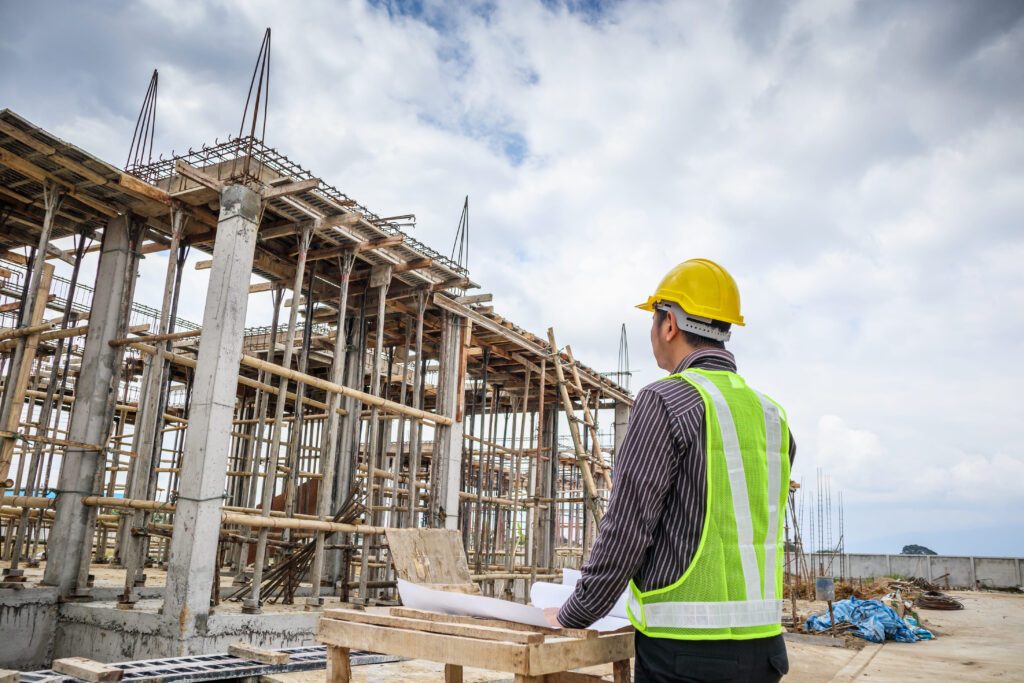Construction Permit: Streamlining Your Path to Legal and Safe Building Projects
Obtaining a construction permit is a critical step for any building project, whether it’s a commercial development or a residential renovation. While the process can feel cumbersome at times, it plays a vital role in ensuring that structures meet safety standards, comply with zoning laws, and adhere to environmental regulations. Understanding the importance and intricacies of a construction permit can save you time, money, and legal troubles in the long run.What Is a Construction Permit?
A construction permit is an official authorization issued by local government authorities that allows a property owner or contractor to proceed with building or renovation activities. This permit serves as proof that the planned project complies with applicable codes, regulations, and safety requirements. Permits are typically required for activities such as:- Building new structures.
- Expanding or modifying existing buildings.
- Installing electrical, plumbing, or mechanical systems.
- Demolishing structures.
Why Is a Construction Permit Important?
Some might question the need for a construction permit, especially for smaller projects, but it’s an essential aspect of responsible construction.- Safety Assurance Permits ensure that buildings meet safety standards, reducing risks associated with poor construction practices. This is crucial for protecting occupants, neighboring properties, and the public.
- Legal Compliance Operating without a permit can result in hefty fines, legal disputes, or project shutdowns. Obtaining a permit upfront helps avoid these complications and ensures the project is legally sanctioned.
- Zoning and Planning Local governments use permits to enforce zoning regulations, ensuring that construction aligns with community development plans. This helps maintain orderly and sustainable growth in urban and rural areas.
- Property Value A properly permitted and inspected construction project adds value to a property. Buyers and investors often request proof of permits to ensure the legality and quality of any modifications or new structures.
- Insurance Coverage Many insurance policies require proof of proper permitting for claims related to construction. Without a permit, claims for accidents or damages during the building process might be denied.
The Process of Obtaining a Construction Permit
While the exact process can vary by location, most jurisdictions follow these general steps:- Prepare Documentation Submit detailed plans and specifications of the project, including architectural drawings, site surveys, and engineering reports.
- Application Submission File the permit application with the appropriate local government department, often the building or planning office. Pay the required fees.
- Review and Approval The application is reviewed to ensure compliance with building codes, zoning laws, and other regulations. This may involve consultations with engineers, architects, or planners.
- Permit Issuance Once approved, you’ll receive the construction permit, which must be displayed at the project site.
- Inspections During construction, inspections may be conducted to verify compliance. A final inspection is typically required to certify the project’s completion.
Challenges in the Construction Permit Process
The road to securing a construction permit isn’t always smooth. Common challenges include:- Lengthy Approval Times Bureaucratic delays can slow down project timelines, particularly for complex or large-scale developments.
- Incomplete Documentation Missing or inaccurate paperwork can result in application rejections or prolonged reviews.
- Changing Regulations Construction codes and zoning laws often evolve, and staying updated can be challenging, especially for first-time builders.
- High Costs Permit fees and associated costs, such as hiring professionals to prepare plans, can add up, particularly for smaller projects with tight budgets.
How to Simplify the Process
- Hire Professionals Engaging architects, engineers, or legal consultants experienced in permit applications can streamline the process and reduce errors.
- Research Local Requirements Familiarize yourself with local regulations and guidelines before starting the application process to avoid surprises.
- Use Digital Tools Many jurisdictions now offer online platforms for permit applications, tracking, and status updates, making the process more efficient.
- Maintain Open Communication Regularly communicate with local authorities to address questions or concerns and expedite the review process.
The Future of Construction Permits
The construction permit process is gradually becoming more efficient with the adoption of technology and process reforms. Digital submission platforms, automated plan reviews, and virtual inspections are transforming how permits are issued and monitored. Additionally, governments are increasingly focusing on sustainability, encouraging green building practices through permit incentives and streamlined processes for eco-friendly projects.Conclusion
Obtaining a construction permit is not just a legal requirement but a critical step in ensuring the safety, compliance, and success of any building project. While the process can seem daunting, understanding its importance and taking a proactive approach can make a world of difference. Whether you’re a seasoned developer or a homeowner embarking on a renovation, prioritizing permits will save you from future headaches and set the foundation for a safe, durable, and valuable project. Remember, a well-permitted construction project is not just a building—it’s a legacy of responsibility and quality.Still confused about Construction Permit?
Click the tombol on the right to Ask the Documenta Team











